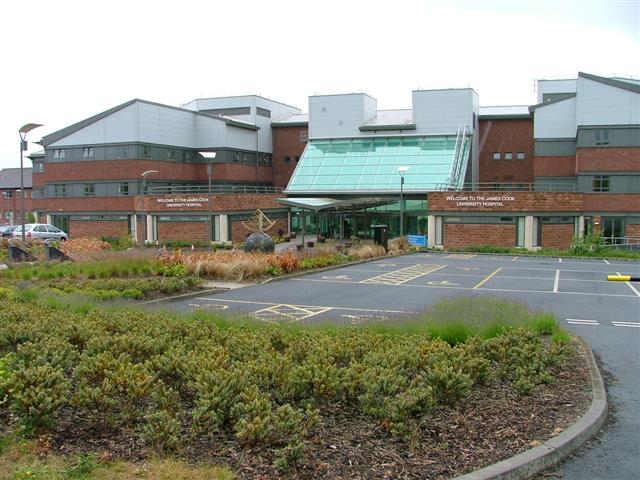Understanding Brain Development: Insights and Strategies for Enhancement

In a recent discussion, Claire Cox, Director of Loving for Life, shared valuable insights on brain development, emphasizing the complexities of neural growth and the factors influencing cognitive capabilities. The conversation, led by hosts Bec and Asa, delved into various aspects of brain maturation, including risk assessment and the theory of multiple intelligences, providing a comprehensive overview of current understanding in neuroscience.
**Contextual Overview** Brain development is a critical area of study that spans various stages of life, from early childhood through adulthood. According to the National Institute of Health, the human brain undergoes significant changes during formative years, particularly in the first five years of life, where 90% of brain growth occurs (National Institute of Health, "Brain Development: A Lifelong Process," 2022). This development is not merely biological; environmental factors, education, and experiences play essential roles in shaping cognitive abilities.
**Key Insights from Claire Cox** During the interview, Cox articulated the importance of understanding brain development as not just a scientific endeavor but also a practical one that can influence educational strategies and parenting techniques. "Understanding how our brains develop allows us to foster environments that are conducive to learning and emotional growth," she noted. This sentiment is supported by research from Dr. Angela Duckworth, Professor of Psychology at the University of Pennsylvania, who emphasizes the significance of resilience and motivation in cognitive development (Duckworth, A., "Grit: The Power of Passion and Perseverance," 2016).
**Risk Assessment in Brain Development** Cox highlighted that risk assessment is a vital component of brain development, particularly as children learn to navigate their environments. The ability to evaluate risks and make informed decisions is a skill that develops over time and can be enhanced through intentional practices. According to Dr. David Yeager, Associate Professor of Psychology at Stanford University, teaching adolescents about growth mindset and decision-making can significantly improve their risk assessment skills (Yeager, D., "The Role of Mindsets in Academic Achievement," 2019).
**Multiple Intelligences Theory** The discussion also touched upon Howard Gardner's Multiple Intelligences Theory, which posits that intelligence is not a single entity but rather a combination of various cognitive capabilities. Cox remarked, "Recognizing that children have different strengths can change how we approach their education and personal growth." This approach aligns with findings from a study published in the Journal of Educational Psychology, which found that personalized learning strategies significantly enhance student engagement and achievement (Journal of Educational Psychology, "The Impact of Personalized Learning on Student Engagement," 2021).
**Practical Strategies for Enhancing Brain Development** Cox provided several practical strategies for parents and educators to support optimal brain development: 1. **Encourage Play-Based Learning**: Engaging children in play fosters creativity and problem-solving skills. 2. **Promote Healthy Lifestyle Choices**: Nutrition and physical activity are crucial for cognitive function. The Centers for Disease Control and Prevention recommend a balanced diet and regular exercise to support brain health (CDC, "Healthy Schools: Nutrition and Physical Activity," 2023). 3. **Support Emotional Intelligence**: Teaching children to recognize and manage their emotions can improve their interpersonal skills and academic performance (Goleman, D., "Emotional Intelligence: Why It Can Matter More Than IQ," 1995).
**Conclusion** As the conversation between Bec, Asa, and Claire Cox demonstrated, understanding brain development is essential for fostering environments that encourage cognitive and emotional growth. By applying insights from neuroscience and educational psychology, parents and educators can better support the diverse needs of children, ultimately enhancing their overall development and well-being. The ongoing research in this field continues to shed light on the complexities of the human brain, offering opportunities for practical applications in education and personal development.
**Future Implications** As the field of neuroscience evolves, so too will strategies for enhancing brain development. Continued collaboration between researchers, educators, and parents will be crucial in implementing evidence-based practices that cater to the unique developmental trajectories of individuals. The importance of fostering adaptable and resilient learners cannot be overstated in an increasingly complex world.
Advertisement
Tags
Advertisement





